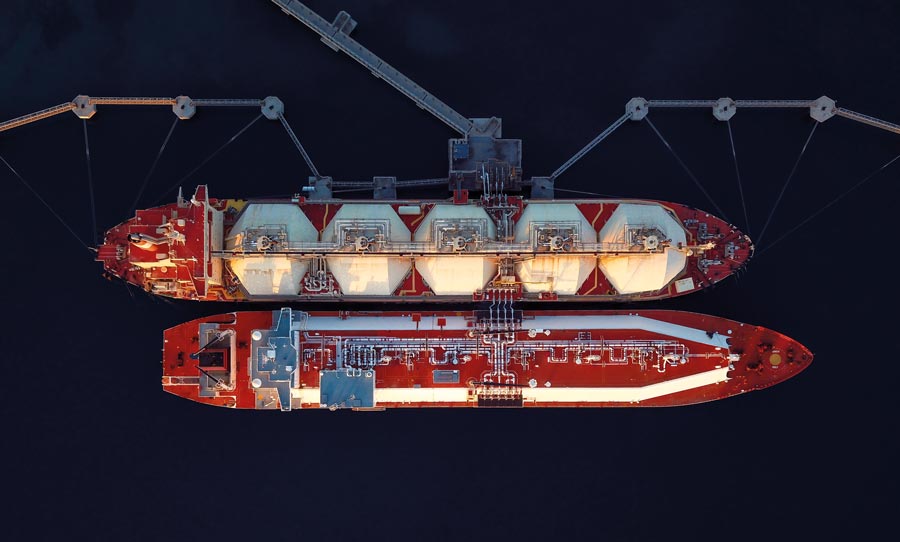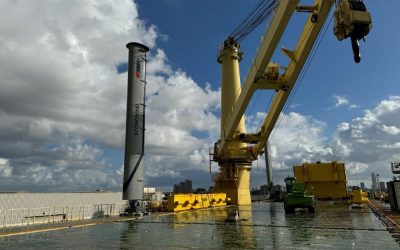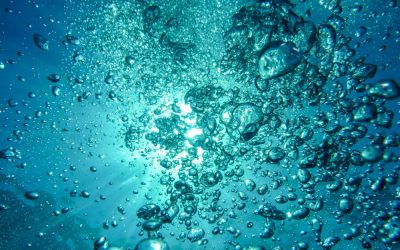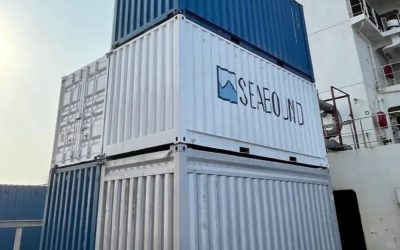By Gianluca Marucci, technical services director, Castrol Global Marine and Energy.
While alternative fuels may be shipping’s current area of focus, it must not be forgotten that fuels and lubricants are intrinsically linked. Any change to either – be it in terms of supply, specification or type – could have a knock-on effect on the other – potentially impacting engine health, crew safety and vessel emissions.
Alternative fuels are understandably a focus of the industry as they can offer large emissions reductions required to meet regulatory targets. At the time of writing, the EU’s ‘Fit for 55’ goal is to have reduced greenhouse gas (GHG) emissions by at least 55% by 2030 compared to 1990 levels. The IMO is targeting a 40% reduction in the carbon intensity of all ships by 2030 and aims to cut the annual greenhouse gas emissions from international shipping by at least half by 2050, both compared with 2008 levels.
While alternative fuels are considered to meet these targets, at the same time incremental vessel and engine efficiency gains achieved through proper maintenance and lubrication should not be overlooked. These are critical to alternative fuels safely achieving their full decarbonisation potential. So, how can the industry ensure lubricants are given due attention?
Collaboration in practice
If shipowners and operators are to be supported whichever fuel or technology they choose to navigate the marine decarbonisation transition, lubricant providers must continue to collaborate closely with original equipment manufacturers and industry coalitions, as well as shipowners and operators themselves, to prepare for new and emerging technologies.
Castrol recently collaborated closely with MAN Energy Solutions (ES) on its Cyltech 40 XDC cylinder oil, which can be used for ships operating on LNG and methanol, as well as conventional fuels. The cylinder oil achieved Category II Status from MAN ES in July 2022 after extensive field testing. MAN ES introduced the new performance category for Mark 9 and above two-stroke engines after these engines were recognised to require cylinder oils with excellent overall performance and a special focus on cleanliness.
This is an example of practical collaboration required to ensure suitable lubricants are developed alongside alternative fuels and green engines. Close collaboration also helps to maintain and even improve crew safety measures, reliability standards, and best practises as the marine industry goes through unprecedented changes. Best practises around condition monitoring and oil analysis, for example, are ever-important as alternative fuels are increasingly used.
The monitoring and testing evolution
Marine engines are critical to shipping’s decarbonisation journey, but they are also vulnerable, as the optimal pairing of fuel and lubricant is a complex decision in today’s landscape. The careful monitoring of lubricant performance and engine conditions, as well as in-depth oil analysis, can help reduce the risk of engine issues that may impact the safety of crew, especially those in the engine room, by highlighting any minor issues before they become major and ensuring equipment is in good condition. This also protects expensive engine assets, minimises loss of earnings and financial inconveniences for operators, and ensure engines are running at optimal efficiency, reducing a ship’s fuel use and emissions.
The need for these advanced condition monitoring and oil analysis services is only set to increase as the use of off-specification fuels, often unbeknownst to the shipowner and operator, adds to an already complex landscape. A 2022 research paper entitled ‘Testing Times’ by Lloyd’s Register and Thetius estimates that more than one million metric tonnes of off-specification or non-compliant fuels are detected each year, costing ship operators between US$27,000-US$50,000 per incident.
As previously established, lubricants and fuels are interconnected, so any change in fuel specification, contamination or unknown fuel blends may impact lubricant choice and performance. Fuel testing is being cited as one means of protection against bad bunkers. But at the same time, the careful monitoring of lubricants also holds the potential to reduce damage to assets that could result in downtime, loss of earnings, and operators being stuck with the costs of repair.
If the fuel is considered a ship’s energy source, the lubricant should be considered its blood, providing essential evidence as to the current health and condition of the engine and critical machinery. Digitalisation is also enhancing condition monitoring and testing capabilities and is challenging conventional ways of thinking and working in the marine industry more broadly. Digital monitoring, predictive maintenance and remote data analysis using the latest technology such as artificial intelligence are increasingly important.
At Castrol, we have embraced digital technologies, but we do recognise that these solutions are most effective when they are used in tandem with human intelligence and expertise. Digital technology alone cannot always be relied upon to effectively interpret data and provide shipowners and operators with actionable insights. Often the most efficient and effective solution to an engine issue is to quickly get an expert’s advice wherever you are in the world.
The bottom line is that lubricants should remain on the engine and not be overlooked as alternative fuels continue to come on the market in the coming years. The increased complexity that these new fuels will herald amplifies the role that lubricant suppliers must take, as consultants and service providers. Using both artificial and human intelligence, lubricant providers are well placed to step up to the industry challenges and provide services, such as advanced condition monitoring and oil testing, that will ensure smooth sailing and, ultimately, contribute to the industry’s decarbonisation journey.






